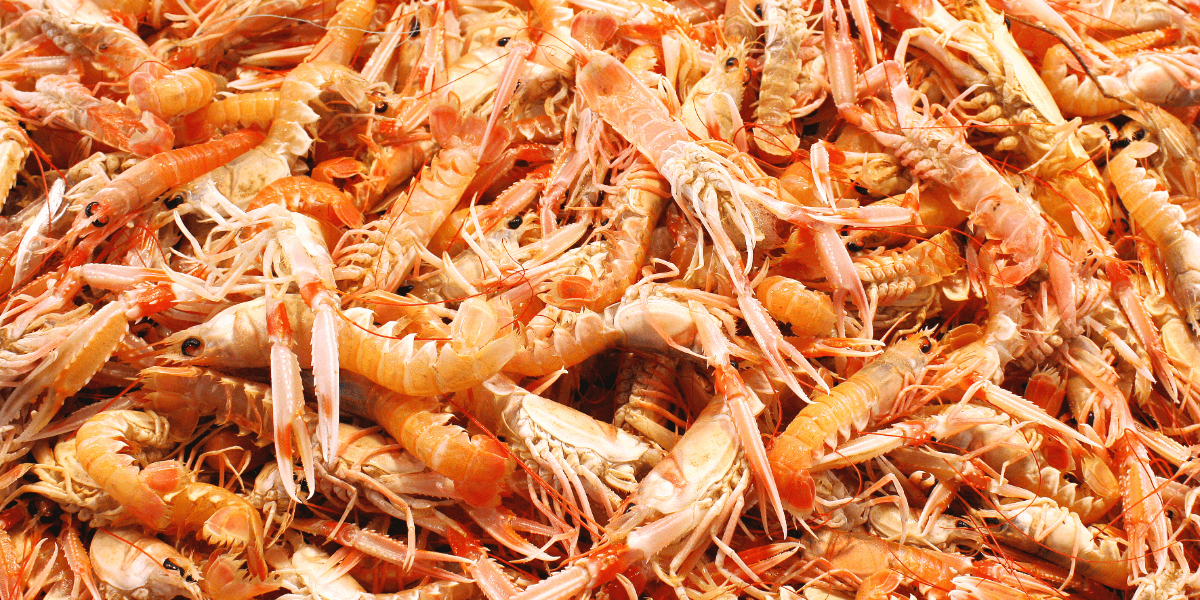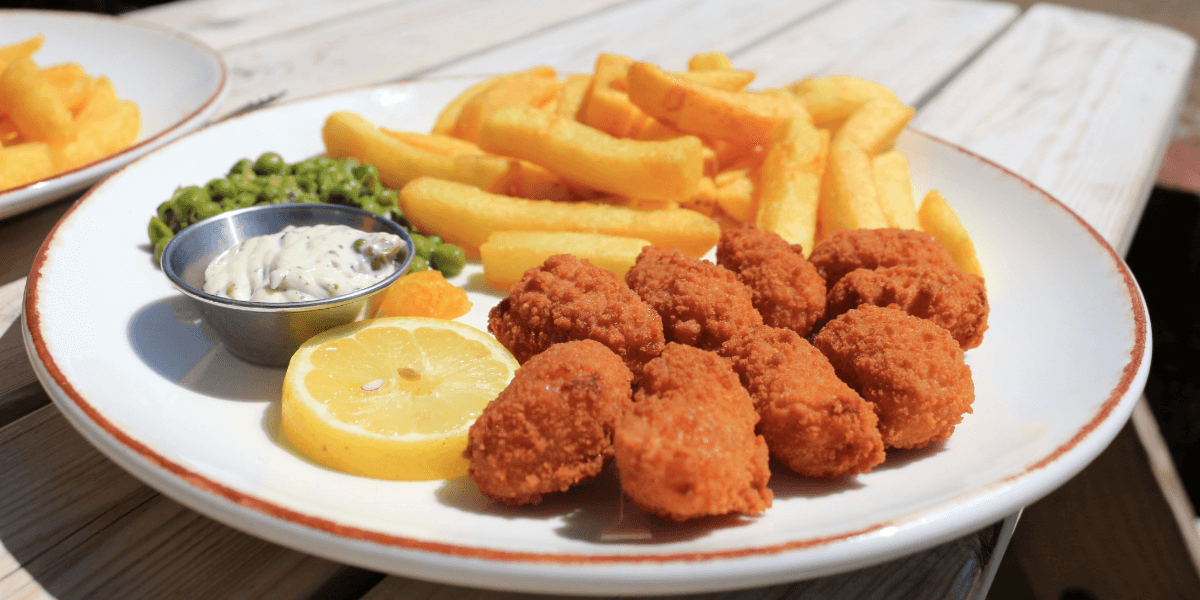Sustainable Scampi: Separating Fact from Fiction
Posted by Stelios on 6th Jun 2024 Reading Time:
Recent media reports have raised alarms about the environmental impact of scampi fishing, prompting calls for a detailed investigation. The claims in the complaint have caused concern among consumers and stakeholders in the hospitality industry. In response, Whitby Seafoods, a renowned family-owned business committed to sustainability, has firmly refuted these allegations.

Established in 1985 by Graham Whittle, Whitby Seafoods has evolved from a small operation into a leading name in the seafood sector. The company is renowned for its top-quality scampi, which is sourced responsibly under the strict guidelines of the Sustainable Seafood Coalition (SSC).
The allegations, primarily from the environmental group Open Seas, suggest that "large volumes of young fish are caught against scientific advice." Whitby Seafoods vehemently denies these claims. A company spokeswoman states, "Enormous effort is made by the scampi fishing industry to use and improve selective fishing gear. This claim mischaracterises the entire fishery and fishing effort and is grossly misleading."
These concerns have surfaced amidst growing scrutiny of fisheries globally. Whitby Seafoods, operating out of the British Isles, has proactively addressed sustainability issues, co-funding a documentary to highlight their efforts and improvements in the industry.
Whitby Seafoods is supported by industry authorities like the Seafish Industry Authority, which underscores the collaborative efforts between the government, scientists, NGOs, and the seafood industry to manage fisheries sustainably. "Suggestions that the Nephrops fishery is unsustainable because of the levels of bycatch associated with the fishery are incorrect," they assert.
Scampi, or Nephrops norvegicus, is a crucial catch for the UK, with nearly 59% of the global supply coming from UK waters in 2021. Scampi fishing employs two primary methods: creels and trawl nets. While trawl nets have faced negative media coverage, they are essential for supplying scampi to restaurants and supermarkets.

Since 2019, the UK Nephrops fishery has been part of a five-year Fisheries Improvement Project (FIP) coordinated by the Marine Stewardship Council (MSC). This project involves various stakeholders and focuses on improving stock management, reducing bycatch, protecting endangered species, and minimising impacts on seabed habitats.
Technological innovations are also crucial. Research in Northern Ireland and trials in Scotland are developing advanced fishing gear designs to reduce bycatch and prevent harm to non-target species.
The collaborative efforts to ensure sustainable scampi sourcing reflect a commitment to a long-term positive future for the industry. Whitby Seafoods and other leaders advocate for continuous dialogue and improvements rather than reactive criticisms that can undermine broader sustainability efforts.
The spokeswoman for Whitby Seafoods concluded, "We welcome the opportunity to explain this important subject to the CMA or any other relevant party that asks us for clarification."
A video explaining the lengths Whitby Seafoods goes to ensure their scampi is sustainable is available for further insight.

